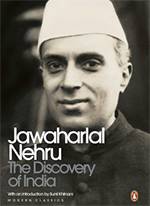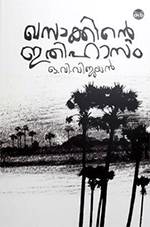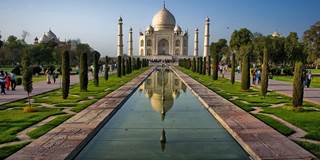Shashi Tharoor
Says More…
This week, Project Syndicate catches up with Shashi Tharoor, a former UN under-secretary-general, Indian Minister of State for External Affairs, and Indian Minister of State for Human Resource Development.
Project Syndicate: Since Indian Prime Minister Narendra Modi’s government revoked the special status of Jammu and Kashmir, it has been keeping a tight lid on the pressure cooker, to borrow your metaphor. What are the most immediate risks you foresee?
Shashi Tharoor: The abrogation of Section 370 and Jammu and Kashmir’s bifurcation into two union territories is already being mourned as a dark day for Indian democracy. As I’ve previously stated, it is the political equivalent of Modi’s 2016 demonetization: an idea that was poorly conceived, and implemented with little consultation with any stakeholder group. The removal of Jammu and Kashmir’s special status amounted to an assault on India’s democratic values, and almost two months later, the government has offered little in the way of a truthful accounting of the current condition of the state and our citizens who reside there.
India’s constitution rests on the idea of an inclusive country, on the spirit of cooperative federalism and democratic practices, and on guarantees of individual and group liberties. Jammu and Kashmir has, in many ways, benefited from these ideals. Now, in a constitutional sleight of hand, it has seen them indefinitely suspended – indeed, seemingly wiped out.
Tharoor recommends
We ask all our Say More contributors to tell our readers about a few books that have impressed them recently. Here are Tharoor's picks:
-

The Discovery of India
by Jawaharlal Nehru
The book, written by India’s first prime minister while in prison, provides a profound vision of what has made India the country it is, and what shaped Nehru’s own nationalist worldview.
-

The Saga of Khasak
by OV Vijayan
Originally written in Malayalam, this novel invented magical realism at the same time that Gabriel García Márquez attempted a similar feat. The translation can only hint at what a seminal achievement the original was.
From the PS Archive
From 2017
Tharoor exposed the weaknesses of India’s freewheeling multi-party democracy, which has become one of perennial plebiscites. Read the commentary.
From 2018
Tharoor worried that the National Register of Citizens would leave four million people in legal limbo, producing a version of ethnic cleansing. Read the commentary.
Around the web
In an interview with Al Jazeera, Tharoor considered the ways in which the Modi government has exacerbated India’s fraught relations with Pakistan. Watch the video.
On the 60th anniversary of Indian independence, Tharoor wrote that India is built on two bold ideas: acceptance of difference and agreement that disagreement is healthy. Read the article.
In an interview with the UN, Tharoor shared insights from his career in public service, including why he believes Indians make good international civil servants. Watch the video.
